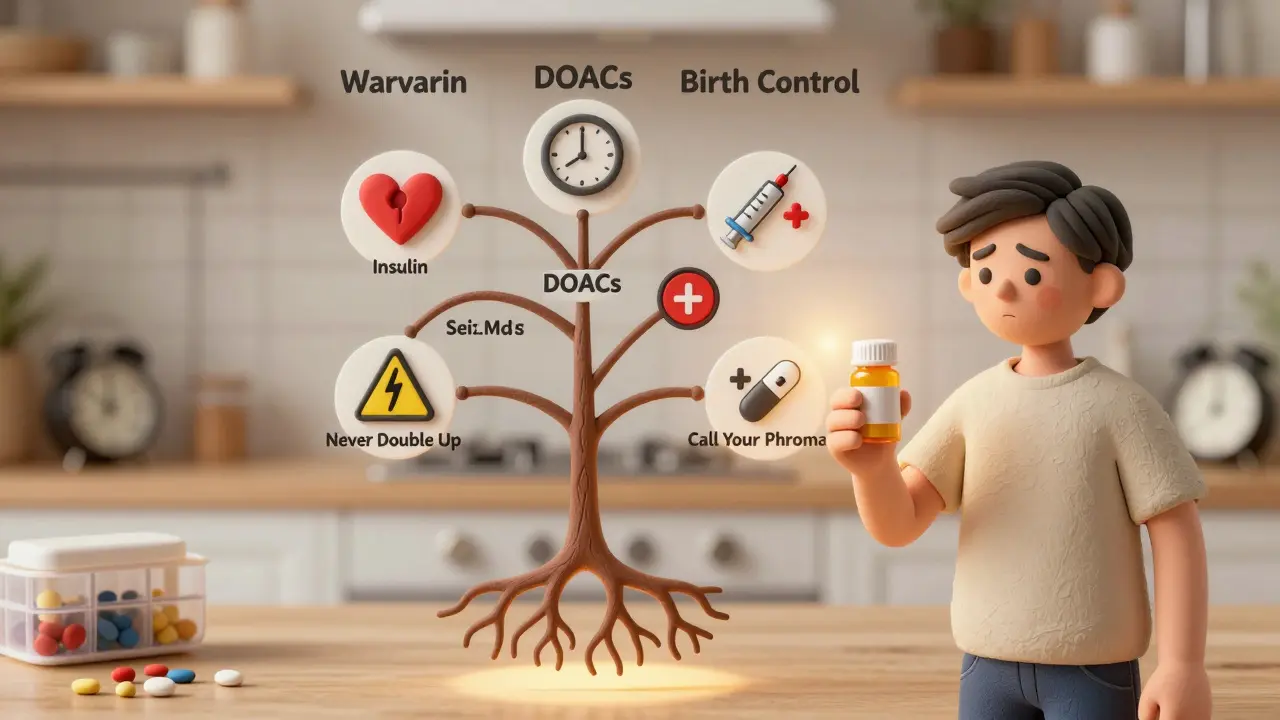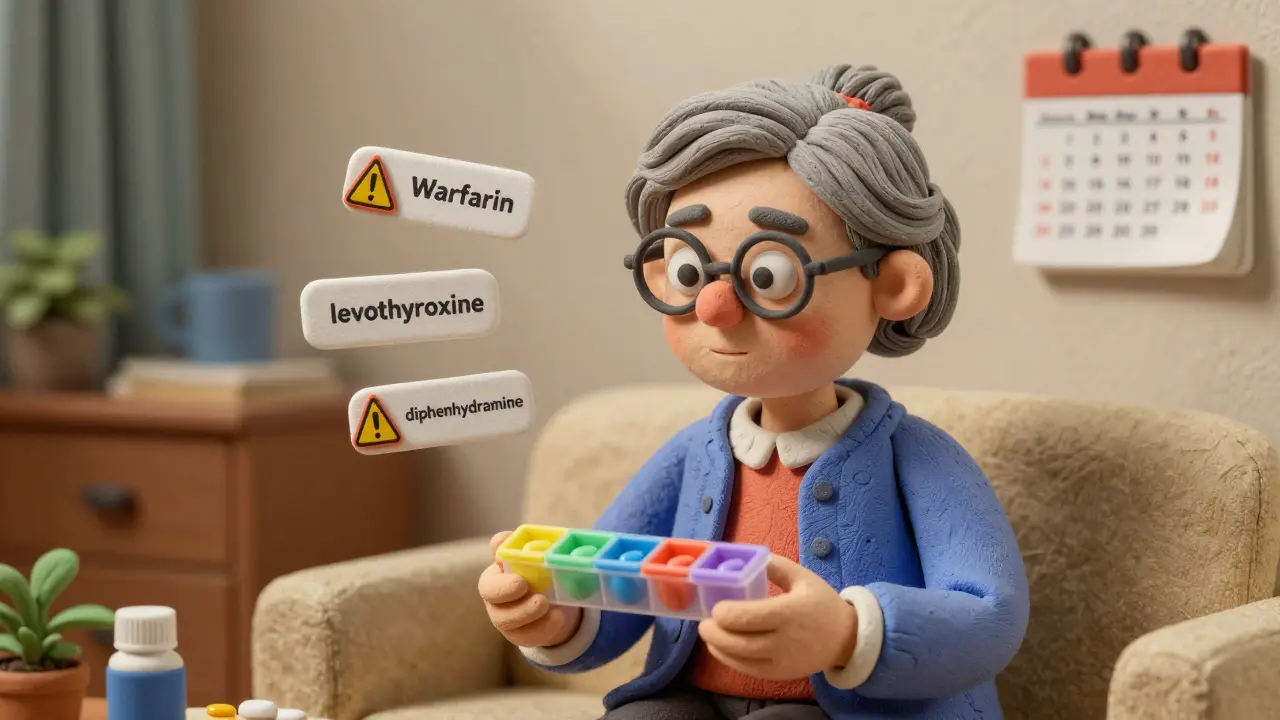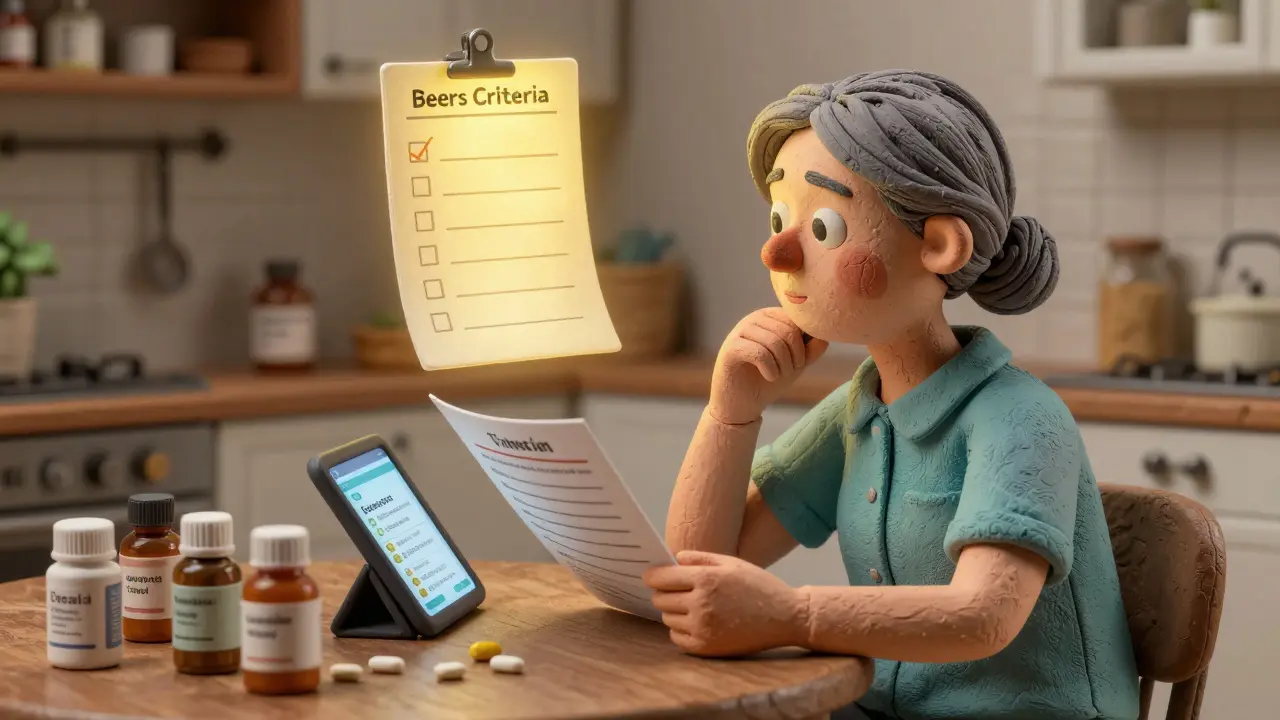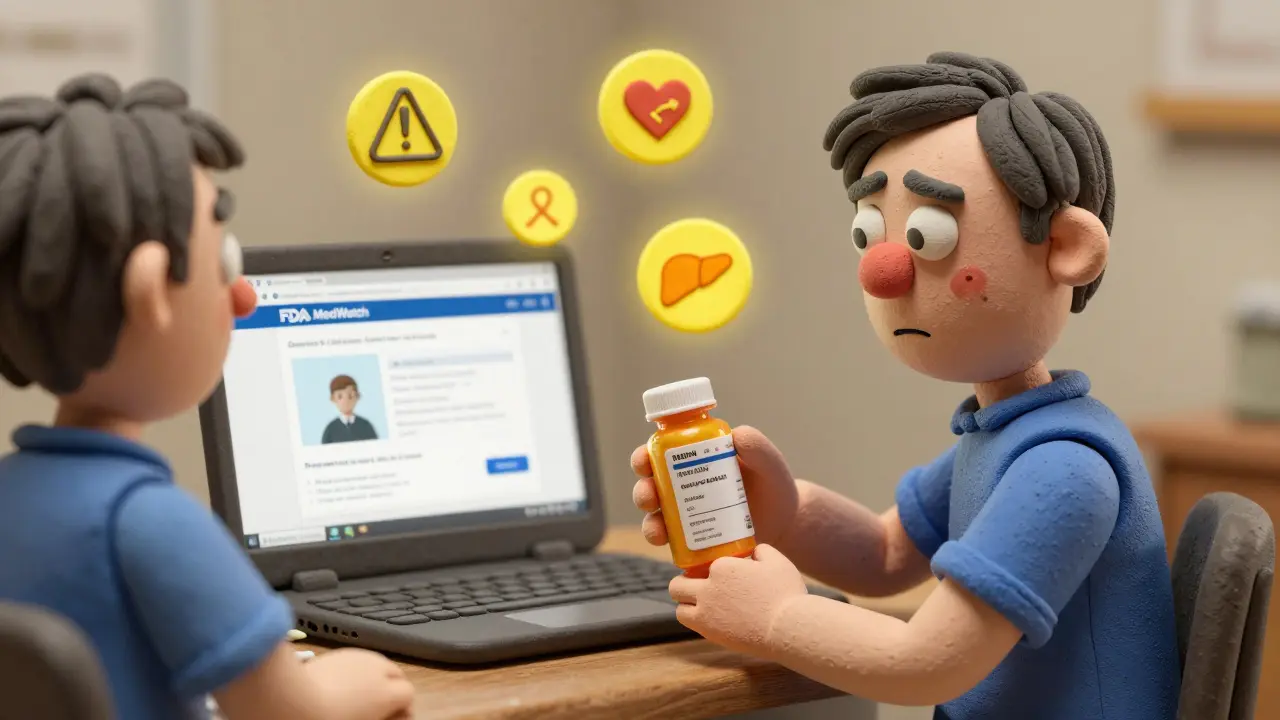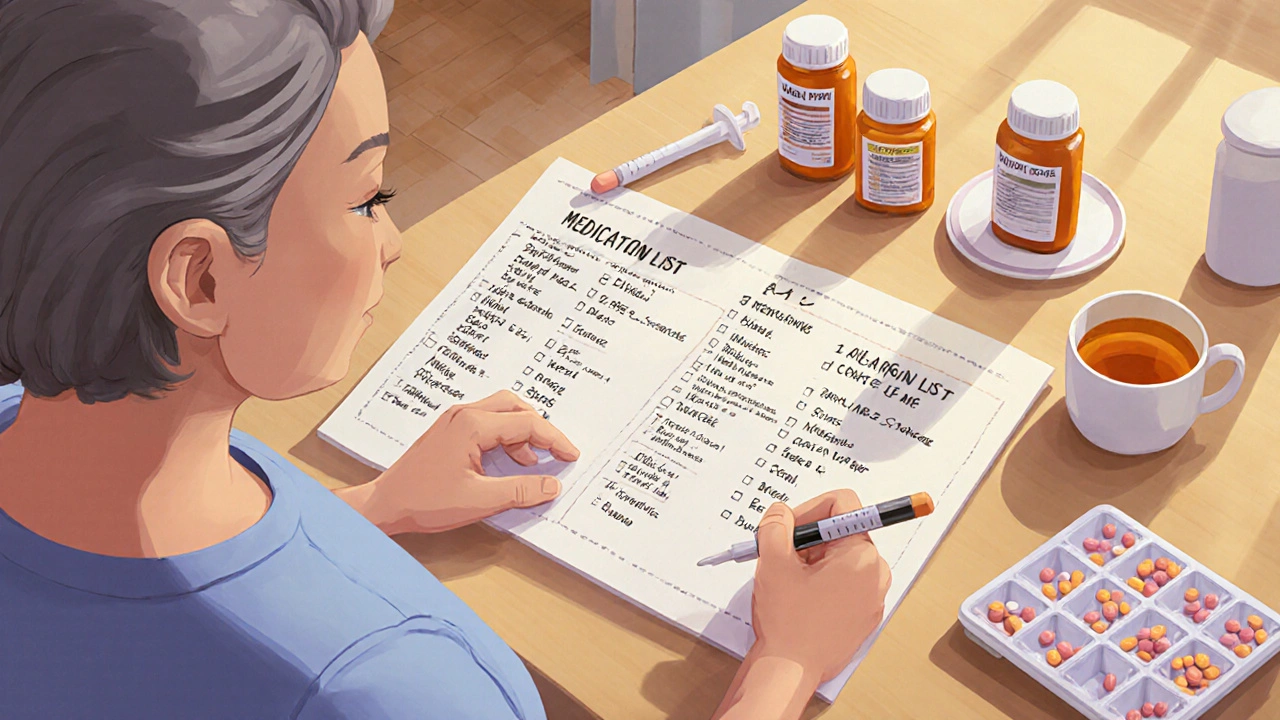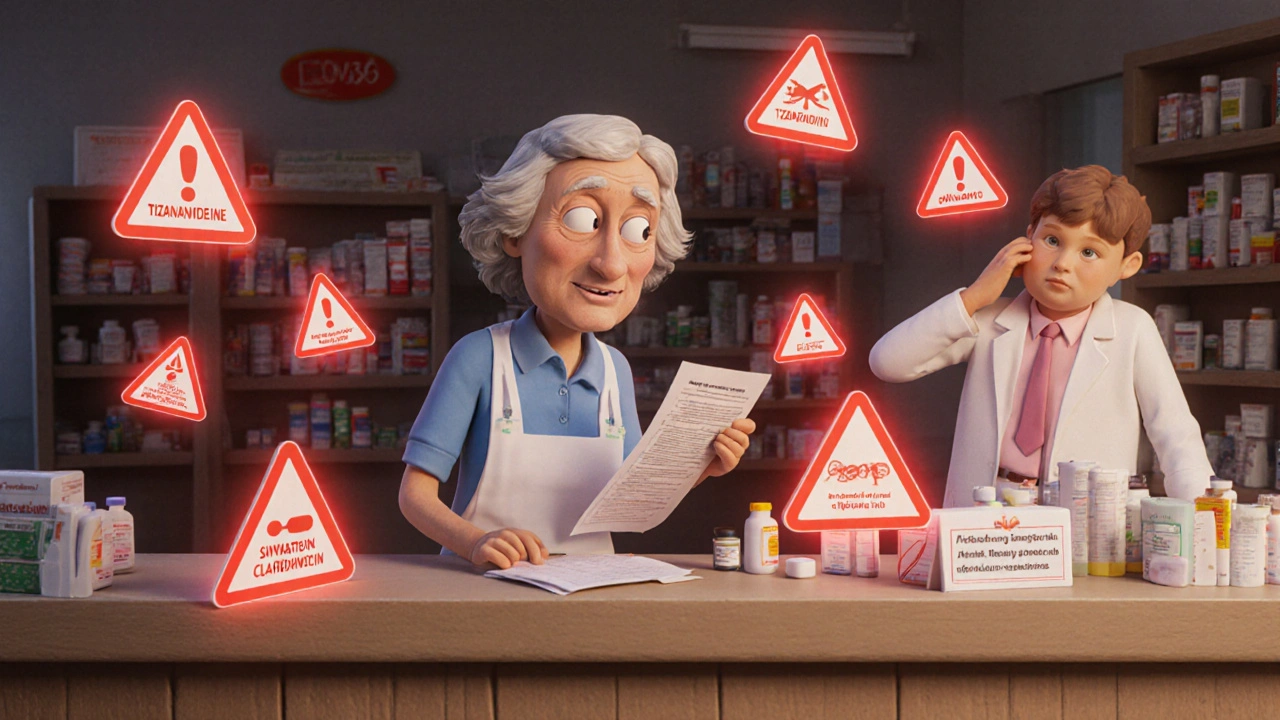Medication Safety: Simple Tips to Keep Your Drugs Safe
Taking medicine can feel routine, but a tiny mistake can turn it into a health risk. Whether you pick up a prescription at the pharmacy or order pills online, knowing how to handle meds safely protects your body and your wallet.
Read Labels and Follow Directions Every Time
The first step is simple: look at the label. It tells you the dose, how often to take it, and any food or drink restrictions. Don’t rely on memory – write the schedule down or set a phone reminder. If something looks unclear, ask your pharmacist before you start.
Many side effects come from taking too much or mixing drugs that don’t play well together. Use a free app or a handwritten list to track every prescription, over‑the‑counter pill, and supplement you’re using. When you add a new medication, compare its active ingredients with what’s already on your list.
Buy Medications from Trusted Sources
Buying online can be convenient, but it also opens the door to fake or expired products. Look for pharmacies that require a prescription, display a valid license number, and have clear contact information. Check reviews, but focus on whether real customers mention receiving authentic medication.
If a deal sounds too good to be true, it probably is. Cheap prices often mean counterfeit drugs that may contain the wrong ingredient or none at all. Stick with reputable sites like those listed on the FDA’s “Verified Internet Pharmacy” program.
When your order arrives, inspect the packaging. Legitimate meds have a sealed bottle, a lot number, and an expiration date. If anything is missing or looks tampered with, contact the seller right away and don’t take the pills.
Store Your Meds Properly
Even the best medication can lose its effectiveness if stored wrong. Most pills belong in a cool, dry place – think a cabinet away from heat sources, not the bathroom medicine cabinet where humidity spikes.
Some drugs, like insulin or certain antibiotics, need refrigeration. Keep a small fridge thermometer to make sure the temperature stays within the recommended range. If you travel, use insulated bags and check airline regulations for liquid medicines.
Know When to Call a Professional
If you notice unexpected symptoms – a rash, dizziness, or stomach upset – stop the medication and call your doctor or pharmacist. Don’t try to guess whether it’s serious; professionals can tell if the reaction is normal or needs medical attention.
Pharmacists are an underrated resource. They can spot dangerous drug interactions, suggest cheaper alternatives, and explain how to take a pill with food or on an empty stomach. A quick 5‑minute chat can prevent weeks of trouble later.
Keep Your Medication List Updated
Life changes – you get new prescriptions, stop old ones, or start vitamins. Update your list every time something changes. Keep a printed copy in your bag and an electronic version on your phone for quick reference during doctor visits.
Medication safety isn’t about being paranoid; it’s about staying informed and organized. By reading labels, buying from legit sources, storing meds correctly, and keeping open lines with healthcare providers, you reduce risks and get the most out of every prescription.
Missing a dose of medication can be risky-but the right action depends on the drug. This guide breaks down exactly what to do for anticoagulants, insulin, seizure meds, birth control, and more, based on current clinical guidelines.
Feb, 7 2026
Generic drugs are cost-effective and FDA-approved, but older adults face unique risks due to slower metabolism, polypharmacy, and increased sensitivity. Learn how to use them safely with the Beers Criteria and practical safety tips.
Jan, 11 2026
The Beers Criteria identify medications that pose higher risks than benefits for older adults. Learn how these evidence-based guidelines help prevent dangerous prescribing, reduce hospitalizations, and improve safety in seniors.
Dec, 30 2025
Learn how to report unexpected side effects from medications to the FDA using MedWatch. Step-by-step guide for patients, caregivers, and healthcare providers to ensure drug safety and help protect others.
Dec, 29 2025
Learn how caregivers can prevent dangerous medication errors at home with practical steps: keeping a full list, using pill organizers, checking expiration dates, talking to pharmacists, and avoiding high-risk drugs. Protect your loved one with proven, easy-to-follow safety habits.
Nov, 26 2025
Certain drug combinations can cause life-threatening reactions-but many pharmacies miss them. Learn the top 5 dangerous interactions, why pharmacists overlook them, and how to protect yourself from preventable harm.
Nov, 22 2025
In my latest blog post, I delve into the topic of Guaifenesin and its implications during pregnancy. Guaifenesin, often found in cough medicines, may raise concerns for expecting mothers. It's crucial to understand that while it's categorized as a class C drug by the FDA, meaning risk can't be ruled out, no definitive studies show harmful effects on the fetus. However, it's always best to consult with your healthcare provider before taking any medication during pregnancy. Remember, your health and your baby's health should always be a priority.
Jul, 12 2023

